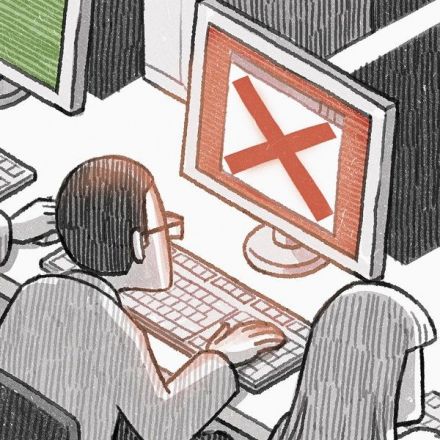

10 years ago
1
Welcome to the Block Party
The internet after ad blocking. In a 1997 segment on the short-lived tech TV show The Site, host Soledad O’Brien sits at a bar in front of a laptop computer, talking to Dev Null, a full-scale human avatar with frosted fuchsia tips and a soul patch. Motion-captured from the show’s second host backstage, he swivels from side to side, arms swinging at their joints like a marionette, jaw moving up and down as a crude stand-in for a talking animation.
Continue Reading





















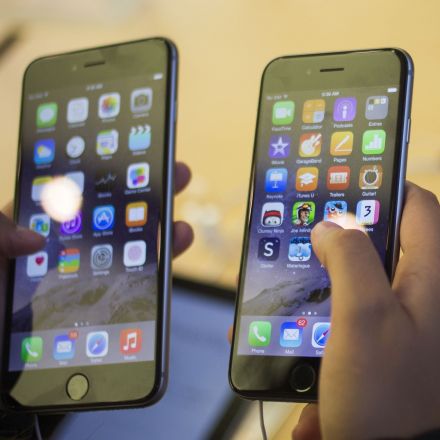
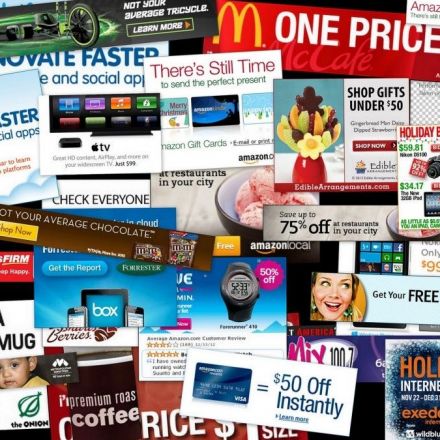
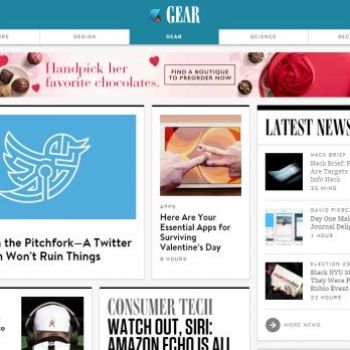
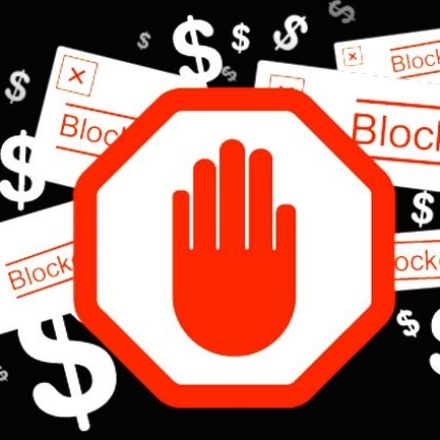
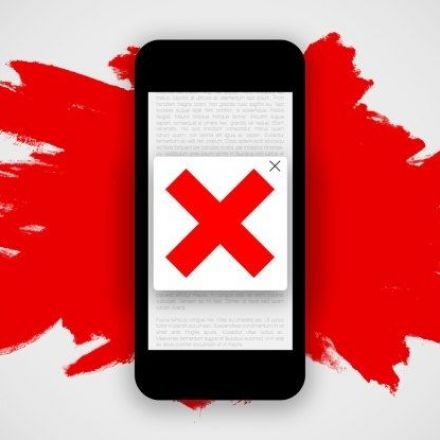
Join the Discussion
In the past, publications had strict rules regarding 'native advertising' - They intentionally changed typesets, coloring, etc to make it obvious that it was a sponsored piece. This was part of the ethics of journalism, and to break that code was to lose integrity, and in turn lose the trust of your readers.
The only thing that is new about this is the degradation of the ethics of publishing. And it's coming at a time when consumer distrust of the media outlets is already increasing.
There is an inherent conflict of interest with advertising, and to deny that is to ignore the 'Chinese wall' that has been in place at major publishers for many decades.
In my view, a new paradigm has to be found eventually, because as it stands today, we're on a path that is leading in the opposite direction of consumer trust and unbiased reporting - and that is incredibly unsustainable, even ignoring the technical realities of the modern age such as ad-blocking.
And regarding the 'inability to block native ads' - I can already forsee crowd-sourced native ad blocker, where users simply flag articles as native ads. It's impossible to stay ahead of the curve with this stuff. It's the same mentality as the anti-piracy segment - until you embrace the structure that your customers are demanding, you will lose. That's what the music industry is finally realizing, and they are making headway, if slowly.